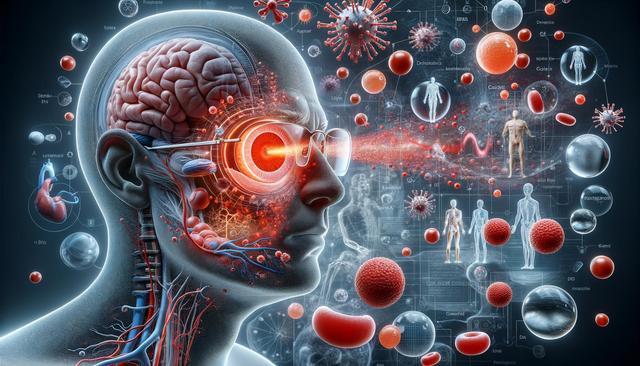Understanding Macular Degeneration
Macular degeneration, often referred to as age-related macular degeneration (AMD), is a medical condition that primarily affects the macula, the central part of the retina responsible for clear vision in the direct line of sight. This condition is prevalent among individuals over the age of 50 and can lead to a gradual loss of vision. There are two main types of macular degeneration: dry and wet. The dry form is more common and involves the thinning of the macula, while the wet form is characterized by the growth of abnormal blood vessels under the retina, which can leak and cause rapid vision loss. Understanding these types is crucial for early diagnosis and treatment.
Symptoms and Diagnosis
Recognizing the symptoms of macular degeneration is vital for timely intervention. Common symptoms include:
- Blurred or reduced central vision
- Difficulty recognizing faces
- Distorted vision, where straight lines appear wavy
- Need for brighter light for reading or detailed work
- Increased difficulty adapting to low light levels
If you notice any of these symptoms, it is recommended to consult an eye care professional for a comprehensive eye examination. Diagnosis typically involves a visual acuity test, dilated eye exam, and imaging tests such as optical coherence tomography (OCT) to assess the retina in detail.
Effective Treatments for Macular Degeneration
While there is currently no cure for macular degeneration, several treatments can help manage the condition and slow its progression. For dry AMD, lifestyle changes and dietary supplements containing high doses of vitamins C, E, zinc, and beta-carotene can be beneficial. Wet AMD may require more advanced treatments, such as:
- Anti-VEGF injections: These medications help reduce the growth of abnormal blood vessels.
- Photodynamic therapy: This involves a light-activated drug that targets and destroys abnormal blood vessels.
- Laser therapy: A high-energy laser can be used to seal leaking blood vessels.
These treatments are aimed at preserving existing vision and preventing further deterioration.
Lifestyle Adjustments and Prevention
Making certain lifestyle changes can play a significant role in managing macular degeneration and possibly preventing its onset. Key preventive measures include:
- Maintaining a healthy diet rich in leafy greens, fish, and whole grains.
- Avoiding smoking, as it is a major risk factor for AMD.
- Regular exercise to maintain overall health.
- Wearing sunglasses to protect the eyes from harmful UV rays.
Regular eye exams are also crucial for those at risk, as early detection can enable timely treatment and better outcomes.
Support and Resources
Living with macular degeneration can be challenging, but various resources and support networks are available to assist individuals and their families. Vision rehabilitation programs offer training and tools to help maximize existing vision. Organizations dedicated to eye health provide valuable information and support groups, which can play a crucial role in coping with the condition. It’s important for patients to stay informed and actively participate in their eye care, working closely with healthcare providers to monitor and manage their condition effectively.
Conclusion
Macular degeneration is a complex condition that requires a multifaceted approach for effective management. By understanding the symptoms, seeking timely diagnosis, and exploring available treatments, individuals can maintain a better quality of life. Preventive measures and lifestyle adjustments also offer significant benefits. With the right support and resources, those affected by macular degeneration can navigate the challenges of vision loss and continue to lead fulfilling lives.
